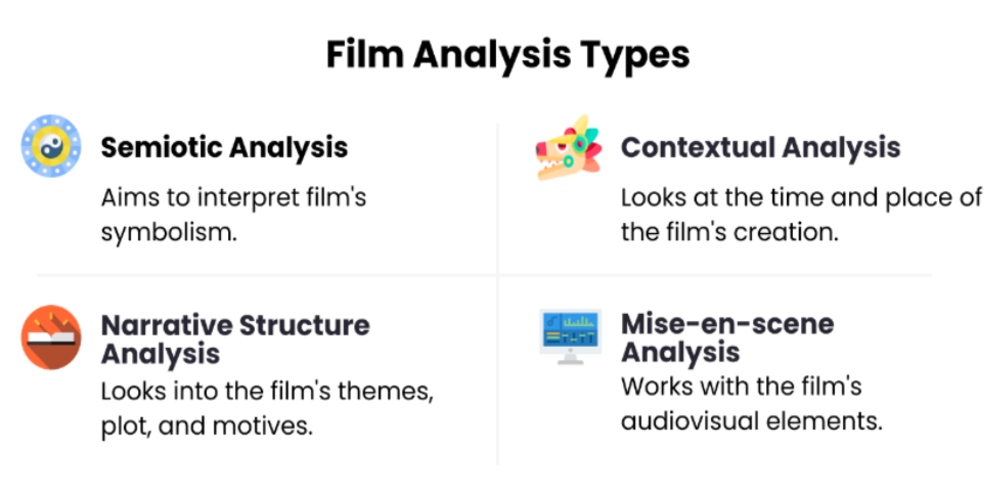How Films are Critically Analyzed and Discussed

Film criticism is an essential aspect of understanding and appreciating the art of cinema. It involves the examination of various elements within a film, such as its narrative structure, visual style, thematic content, and performances, to evaluate its artistic merit and cultural significance. Through critical analysis and discussion, critics and scholars aim to deepen our understanding of films and their impact on society.
1. Understanding Film Theory
Film criticism is often informed by various theoretical frameworks that provide different lenses through which to interpret and analyze films. These theories include:
- Auteur Theory: This theory posits that the director is the primary creative force behind a film, and their personal vision and style are reflected in their body of work.
- Genre Theory: Genre theory explores the conventions and tropes of different film genres, such as comedy, drama, horror, and science fiction, and examines how they shape audience expectations and interpretations.
- Feminist Film Theory: Feminist film theory examines the representation of gender in cinema and critiques the ways in which women are depicted and marginalized within the industry.
- Marxist Film Theory: Marxist film theory analyzes the ways in which cinema reflects and reinforces social and economic power dynamics, as well as the potential for cinema to challenge dominant ideologies.
2. Elements of Film Analysis
Film analysis involves breaking down a film into its constituent parts and examining how they work together to create meaning and impact. Some key elements of film analysis include:
- Narrative Structure: Analyzing the plot, character development, and storytelling techniques used in a film to understand how they contribute to its overall thematic message.
- Visual Style: Examining the use of cinematography, editing, mise-en-scène, and visual effects to analyze how they enhance the film's storytelling and aesthetic appeal.
- Sound Design: Evaluating the use of sound effects, music, dialogue, and silence to understand how they contribute to the film's atmosphere and emotional resonance.
- Themes and Symbolism: Identifying recurring themes, motifs, and symbols within a film to explore its deeper meaning and cultural significance.
3. Critical Approaches
Film critics may employ different critical approaches to analyze and discuss films, depending on their personal preferences and scholarly background. Some common approaches include:
- Formalism: Formalist critics focus on the formal elements of a film, such as its visual composition, editing techniques, and narrative structure, to understand how they contribute to its artistic value.
- Historical Context: Historically-oriented critics examine films within their historical and cultural contexts to understand how they reflect and respond to social, political, and technological changes.
- Psychoanalytic Criticism: Psychoanalytic critics analyze the psychological motivations of characters and filmmakers, as well as the unconscious desires and anxieties expressed through cinematic imagery.
- Cultural Studies: Cultural critics explore how films intersect with broader cultural discourses, identities, and power dynamics, as well as how they shape and are shaped by audience interpretations and reception.
4. Film Criticism in Practice
Film criticism takes many forms, ranging from scholarly essays and academic journals to film reviews in newspapers, magazines, and online platforms. Critics may write in-depth analyses of specific films or directors, compare and contrast different works within a genre or thematic context, or offer broader reflections on trends and developments within the film industry.
Conclusion
Film criticism plays a crucial role in unpacking the complexities of cinema and fostering meaningful discussions about its artistic, cultural, and social significance. By critically analyzing films through various theoretical frameworks and analytical approaches, critics and scholars deepen our appreciation of the art form and enrich our understanding of the human experience.
